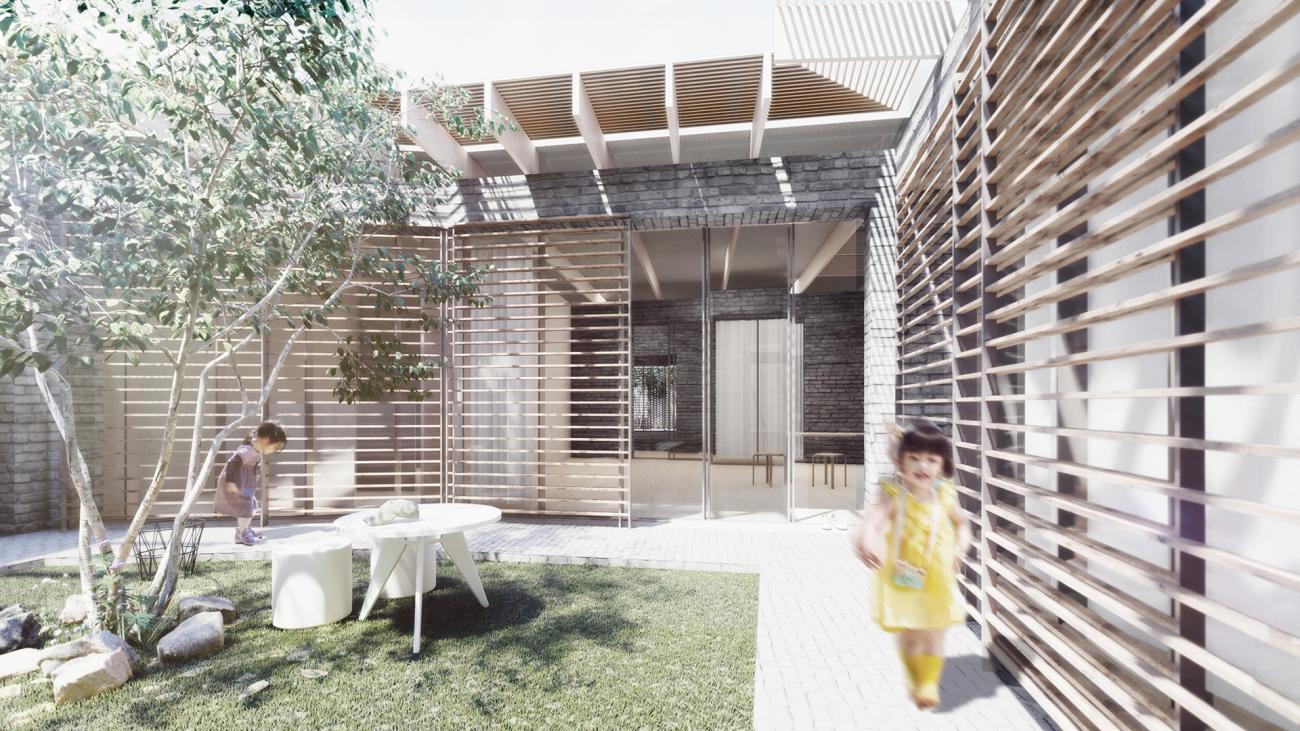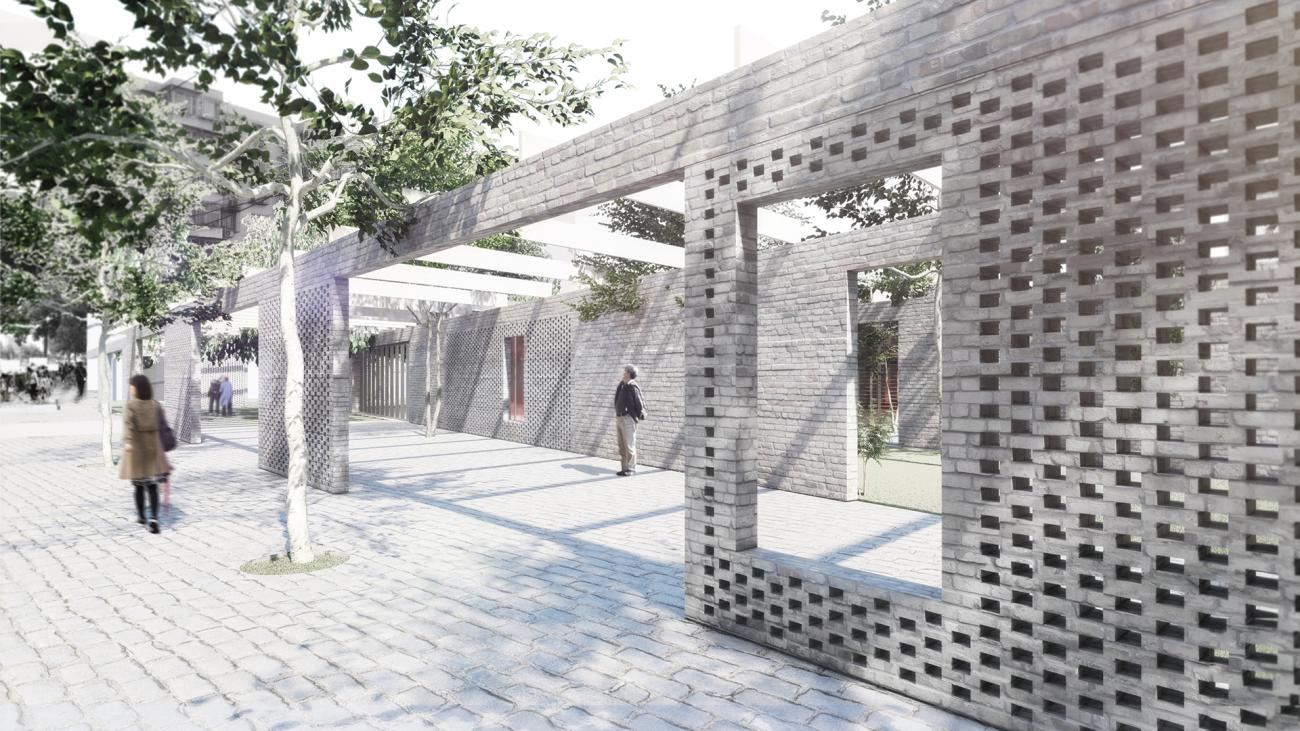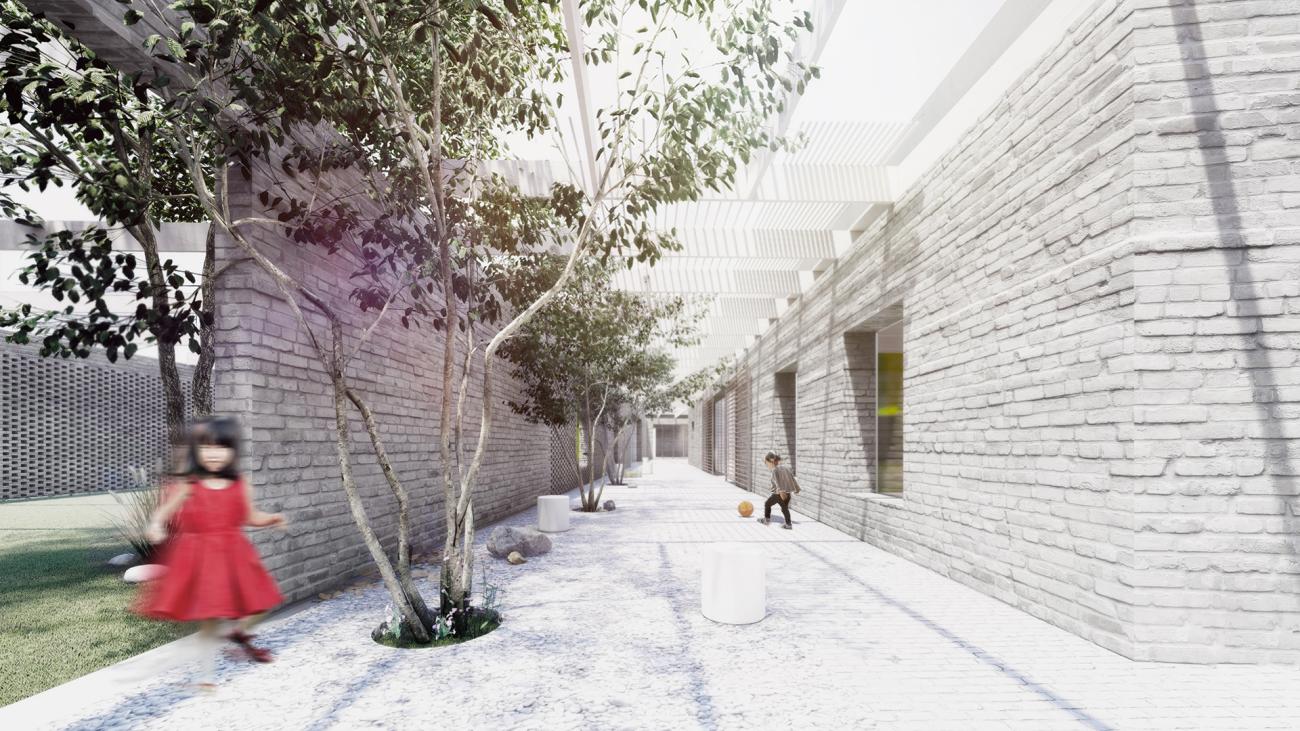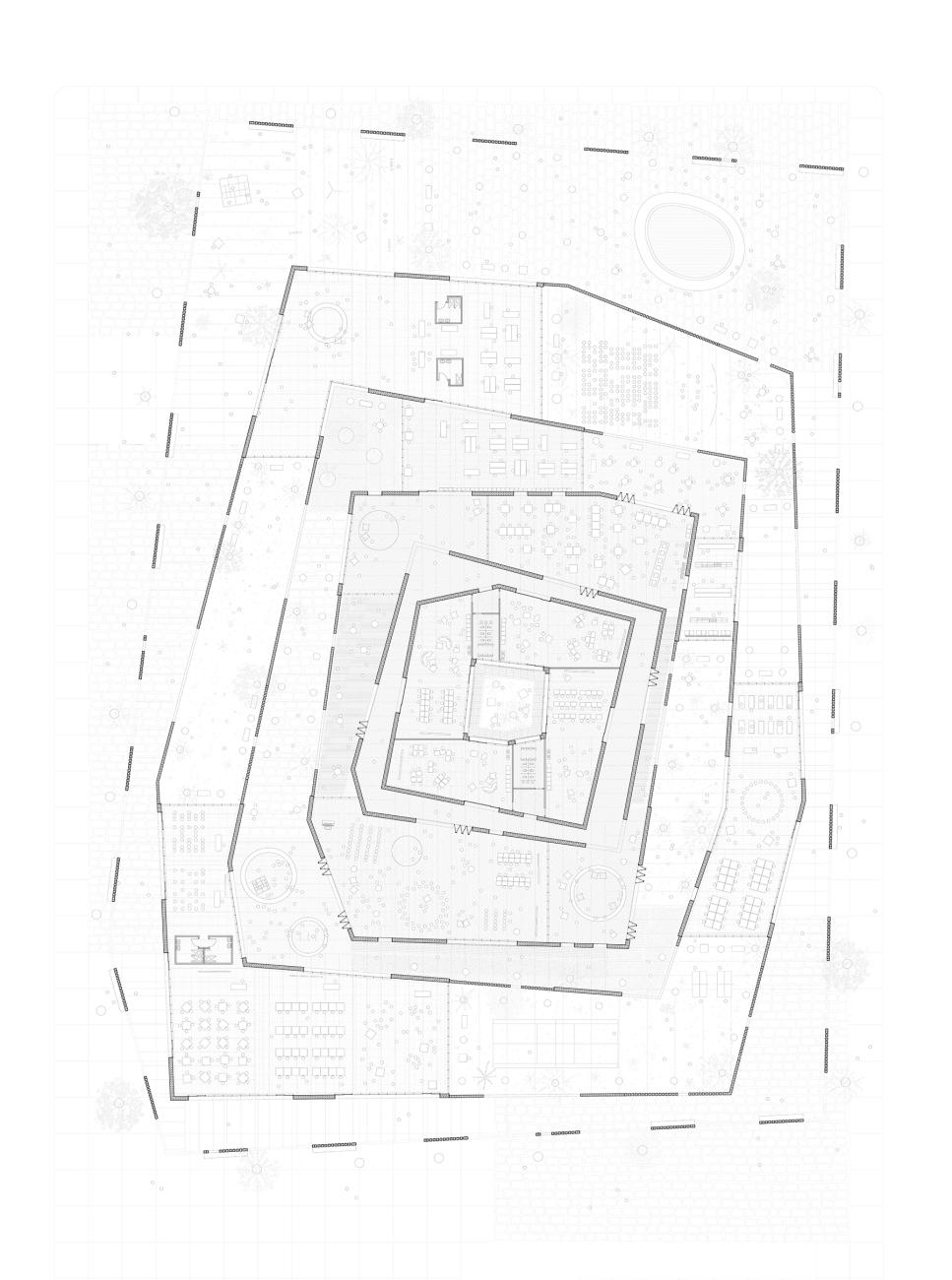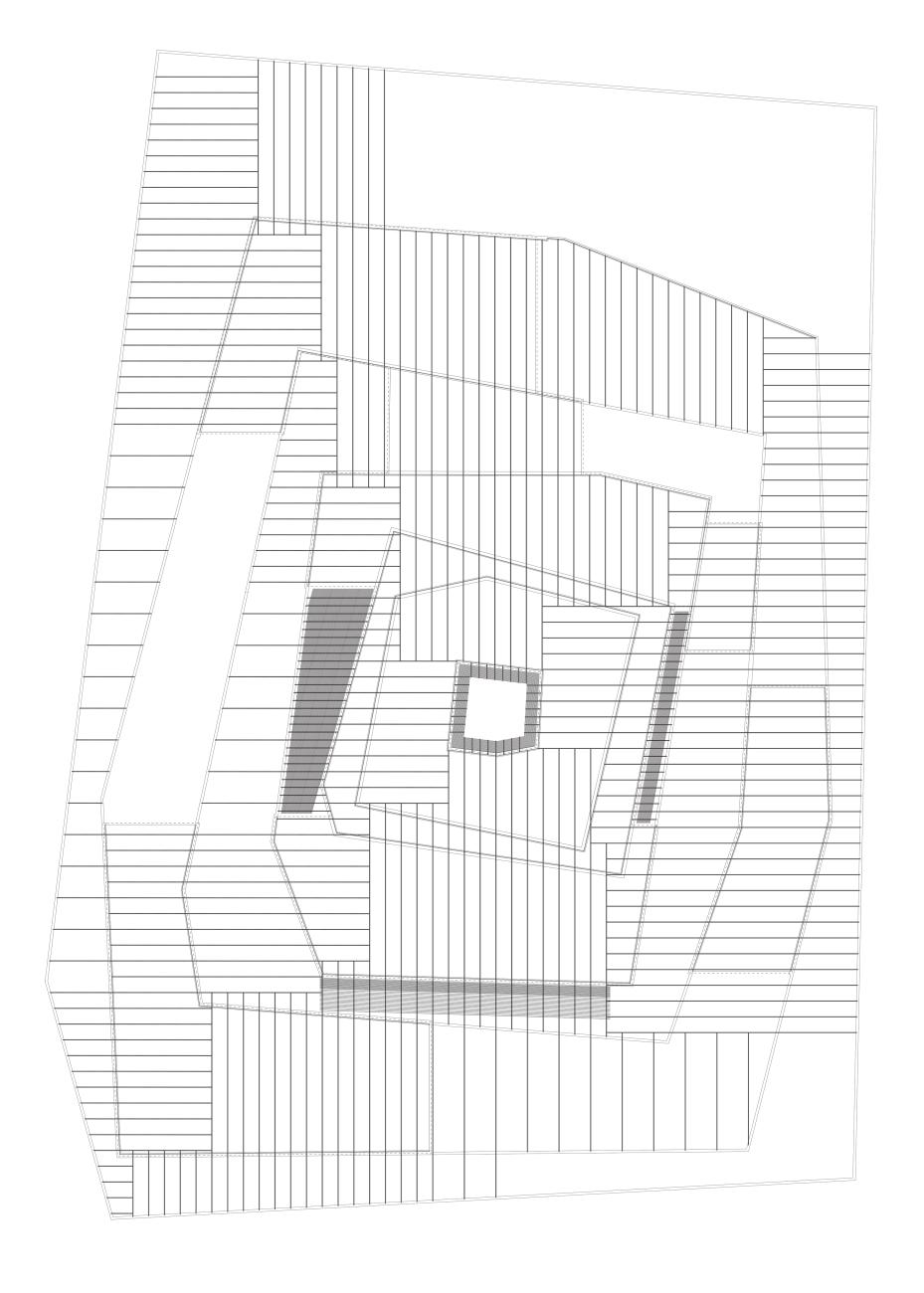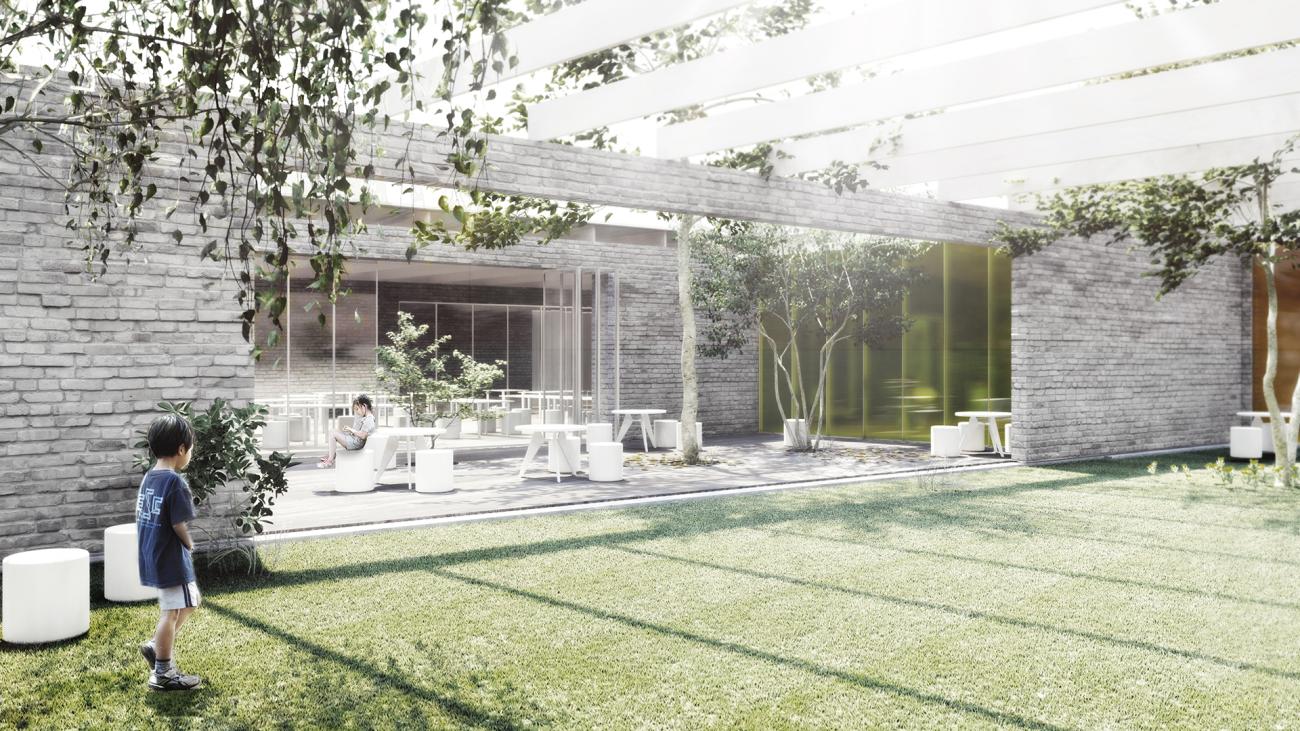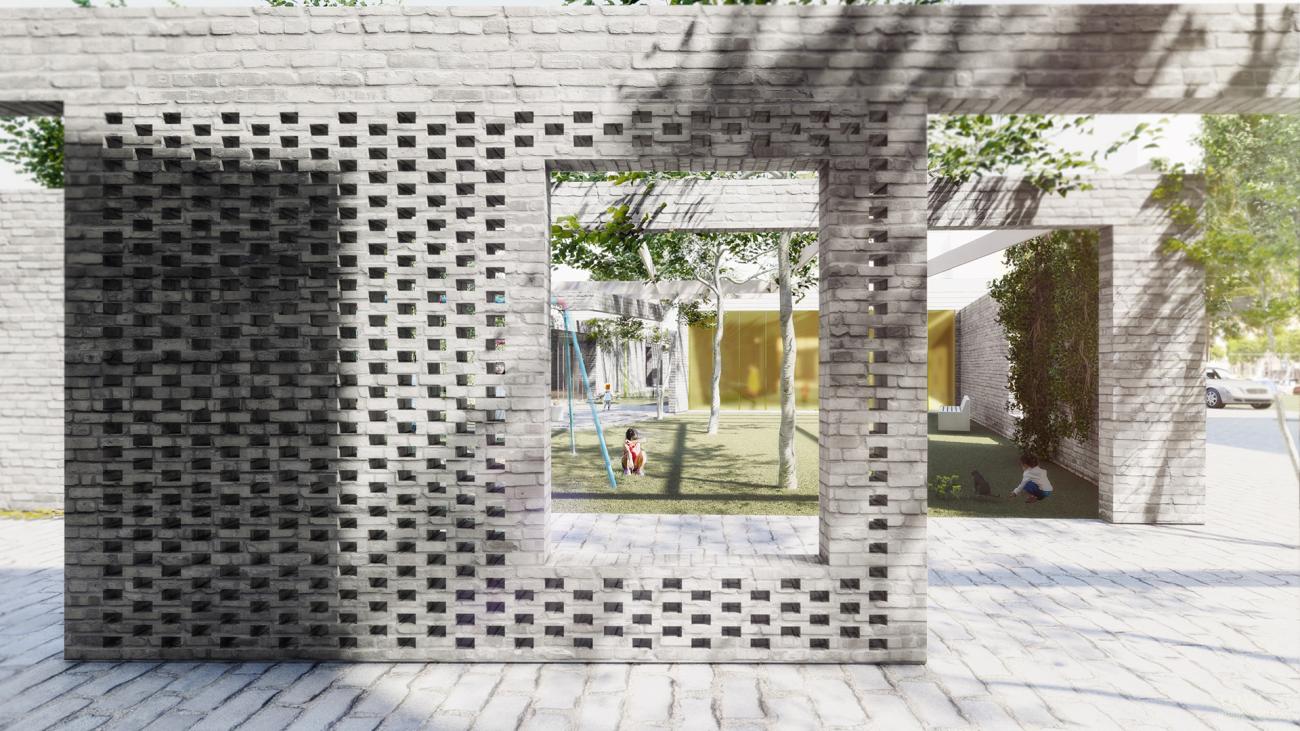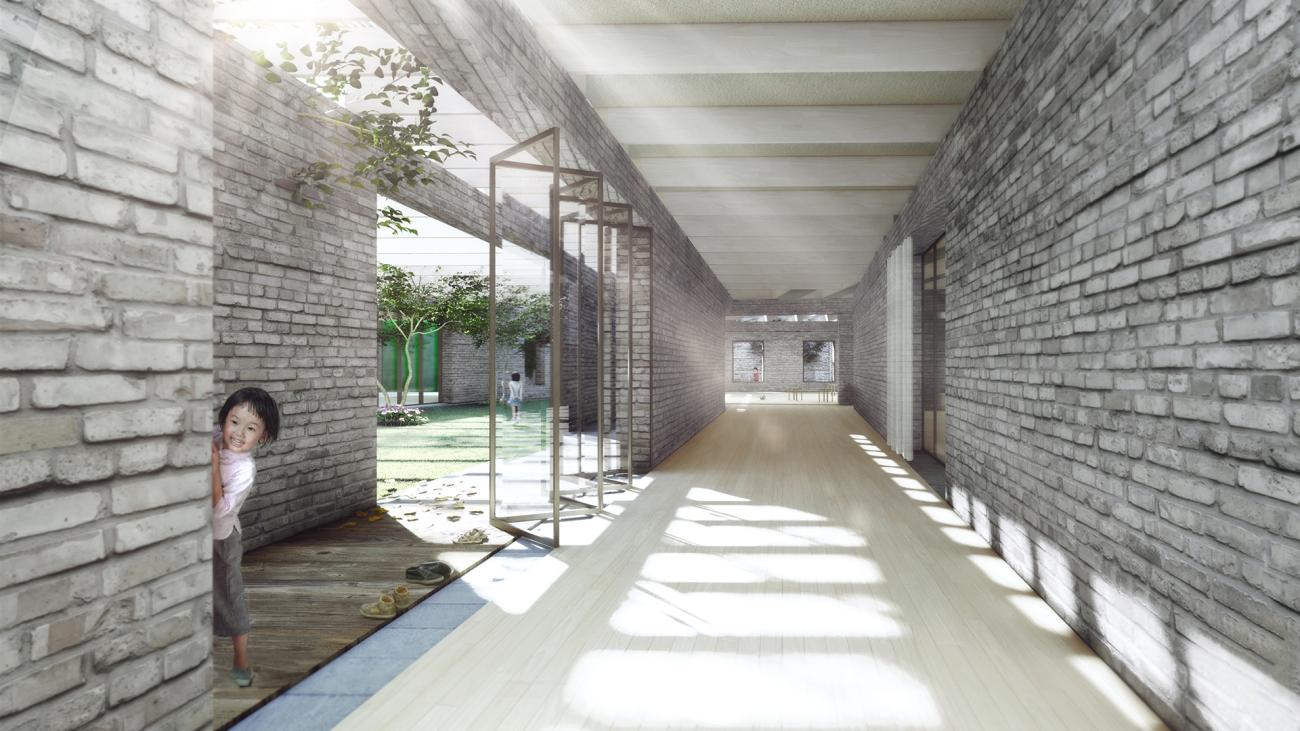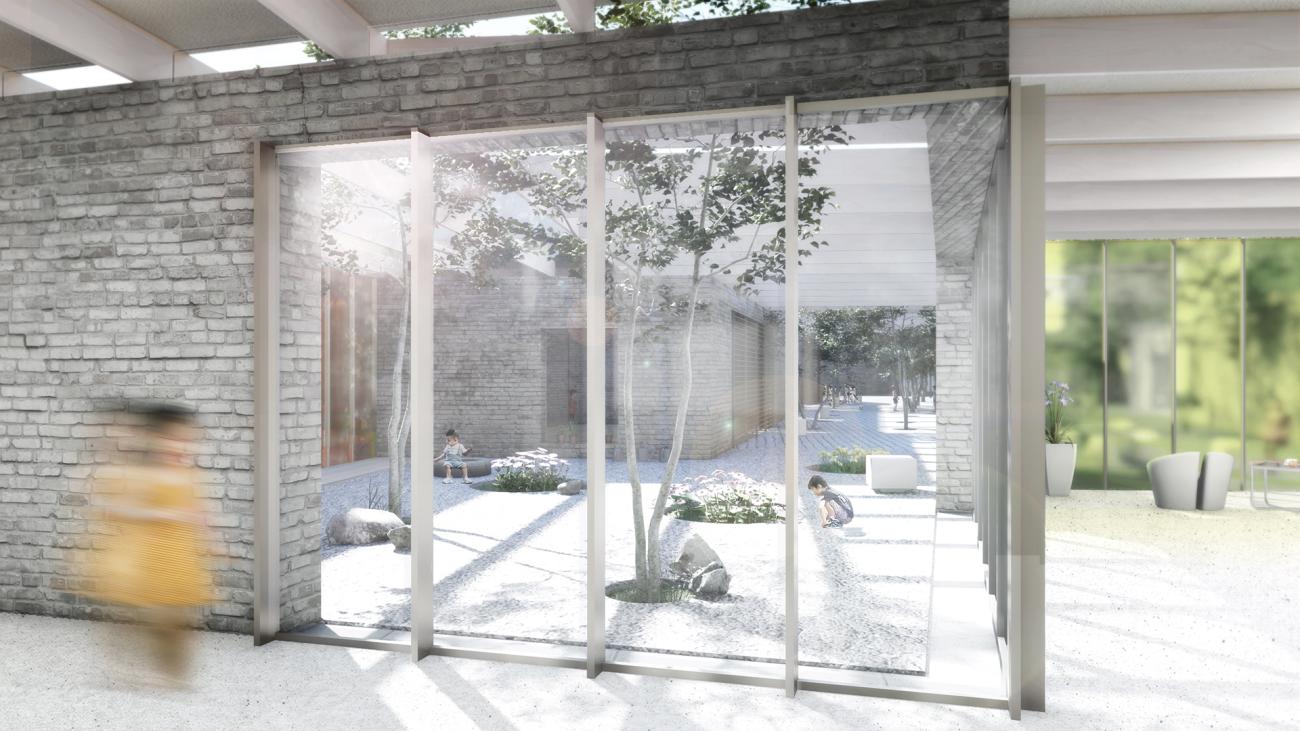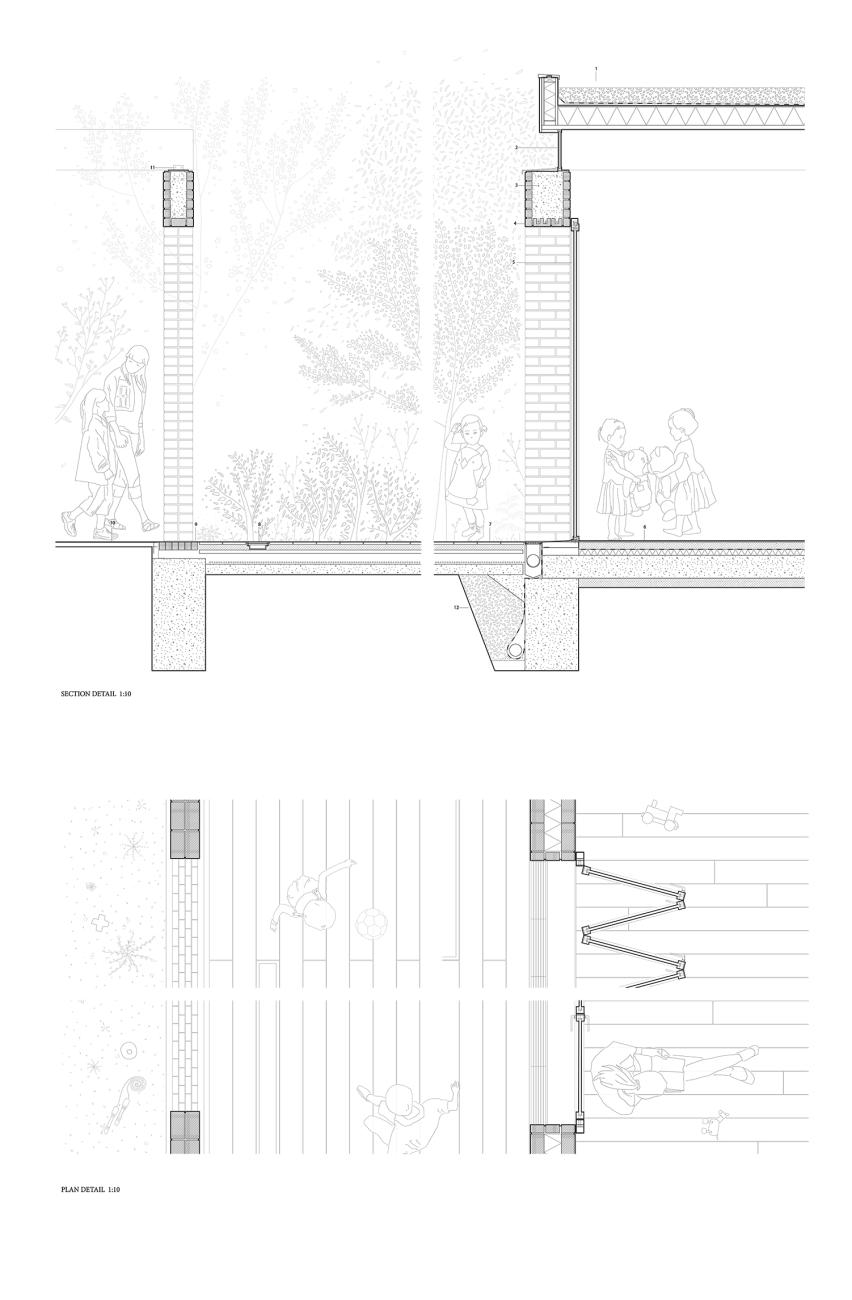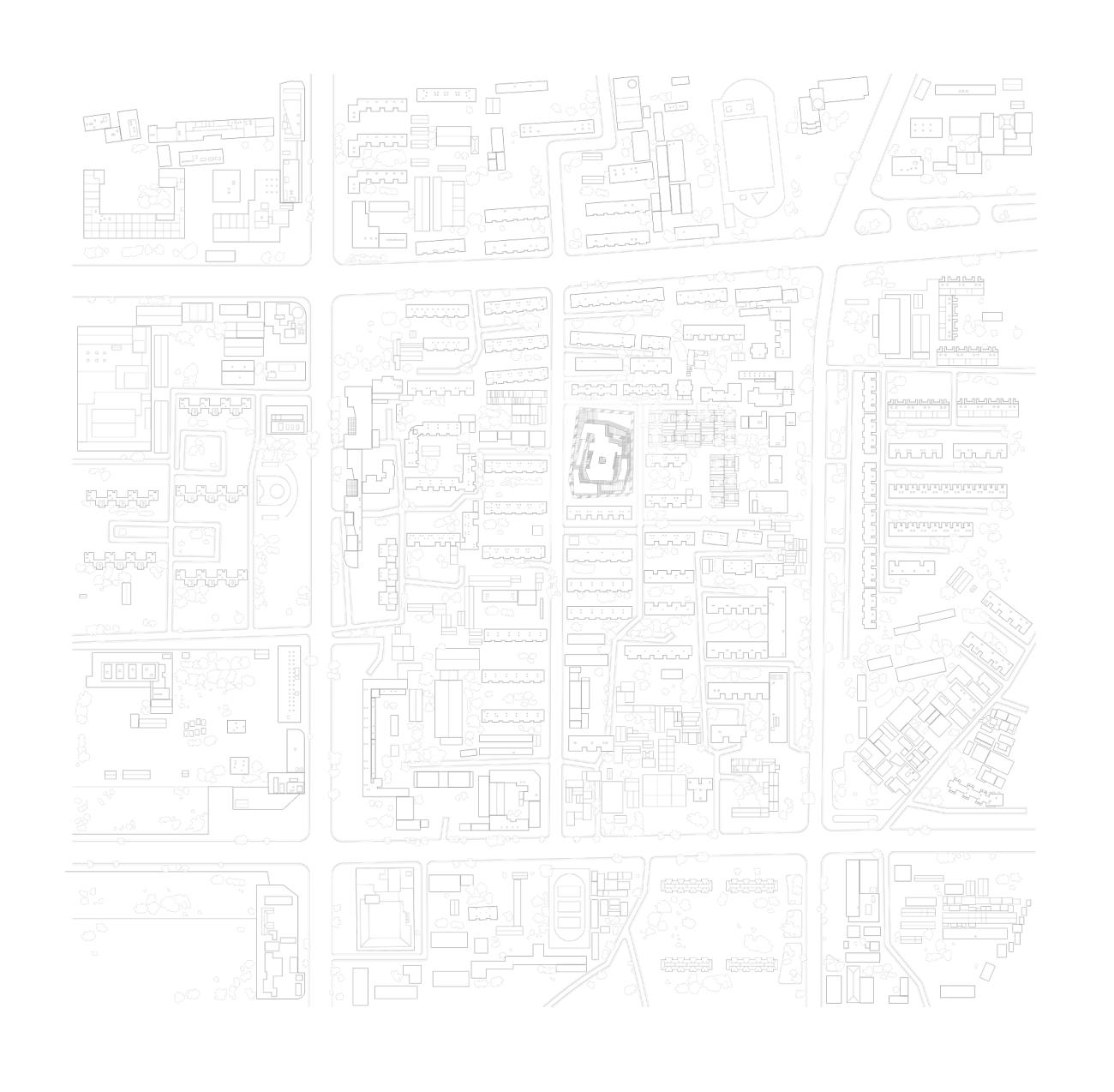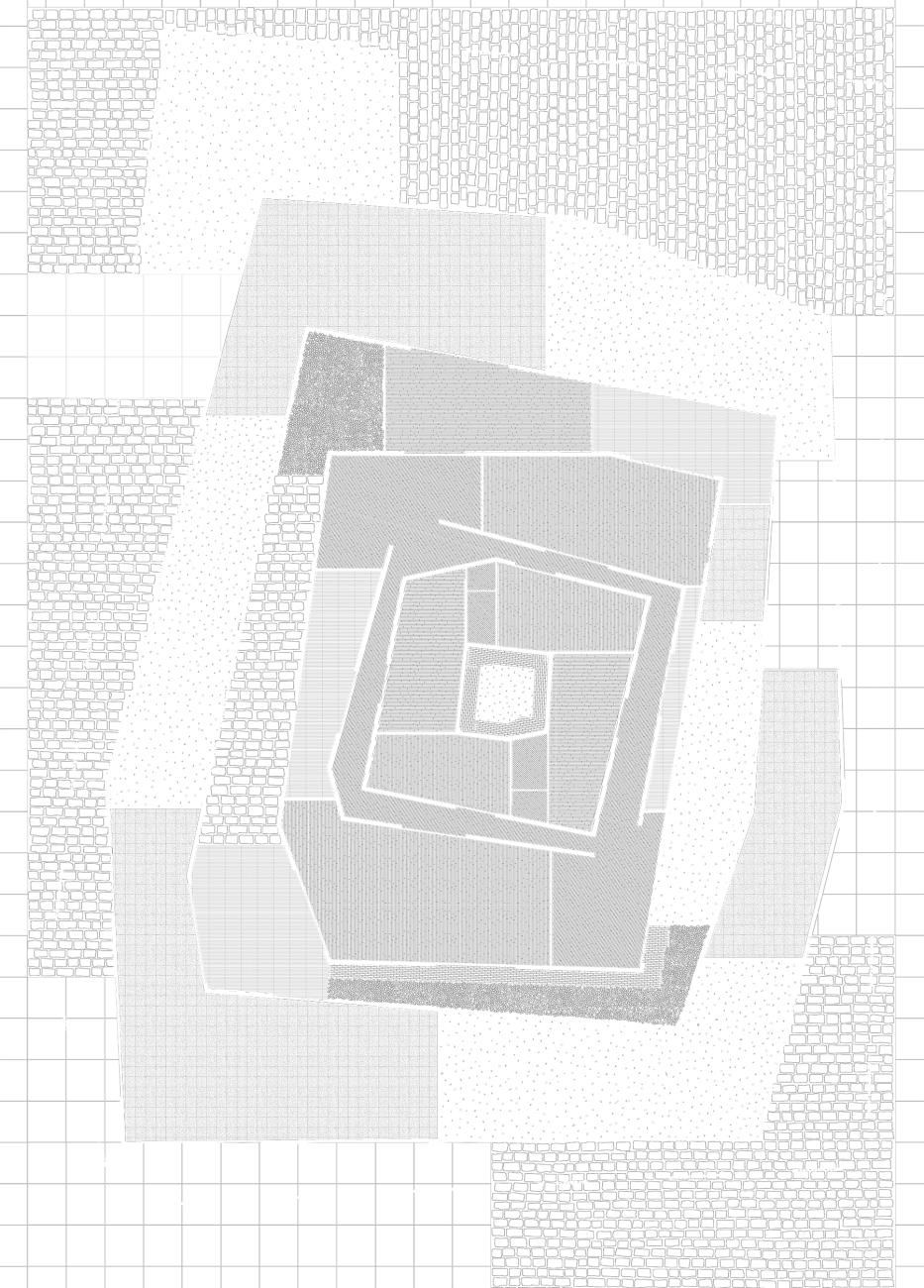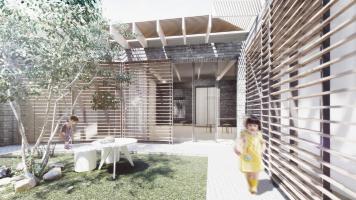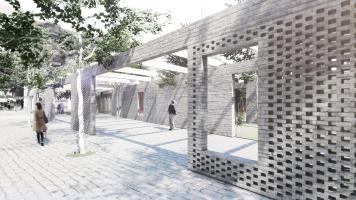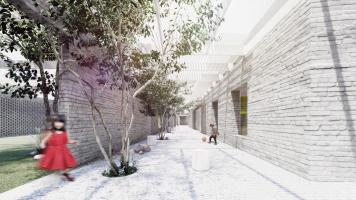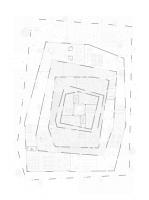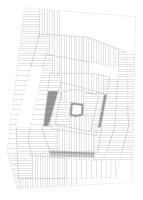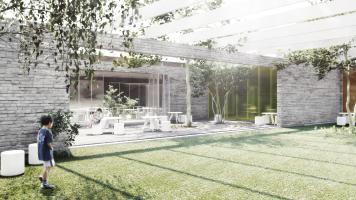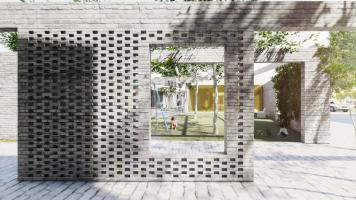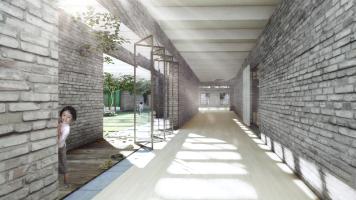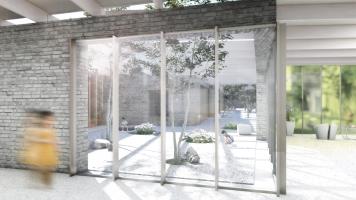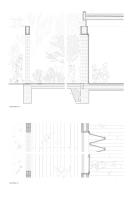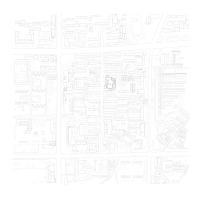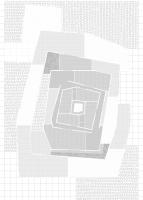Yixin Zhou
2019
This community-based day care center seeks a solution to a prevalent urban condition in the periphery of Chinese cities, and elsewhere, in which an area planned around a single program for housing suffers from the abruptness of daily schedules and a lack of support activities.
Through the defamiliarization of everyday architectural elements, Calibrated Roughness embodies the ambiguity and flexibility of space usage, the casualness of material aesthetics, and the peripherality of the site location. The concentric model provides a spatial gradient from intimate and specific to generic and open performances. The richness of experience happens and varies according to time, activities, occupations of space, and movements of the inhabitants.
The project approaches material considerations in architectural design not as an afterthought to form or program but as an active component in shaping our environment and living experience. Despite our need to name the spaces in which we live, we do not actually live in the space of language. Rather, we inhabit a reality of materials with qualities that interact with bodies and lives.
By deploying a series of material elements of architecture and a low-intensity usage of the site, Calibrated Roughness operates as a gradient between public urban space and more specifically programmed architectural space. Ultimately, the ambiguity of the project extends the possibilities for use and empowers the inhabitants to appropriate the project.


